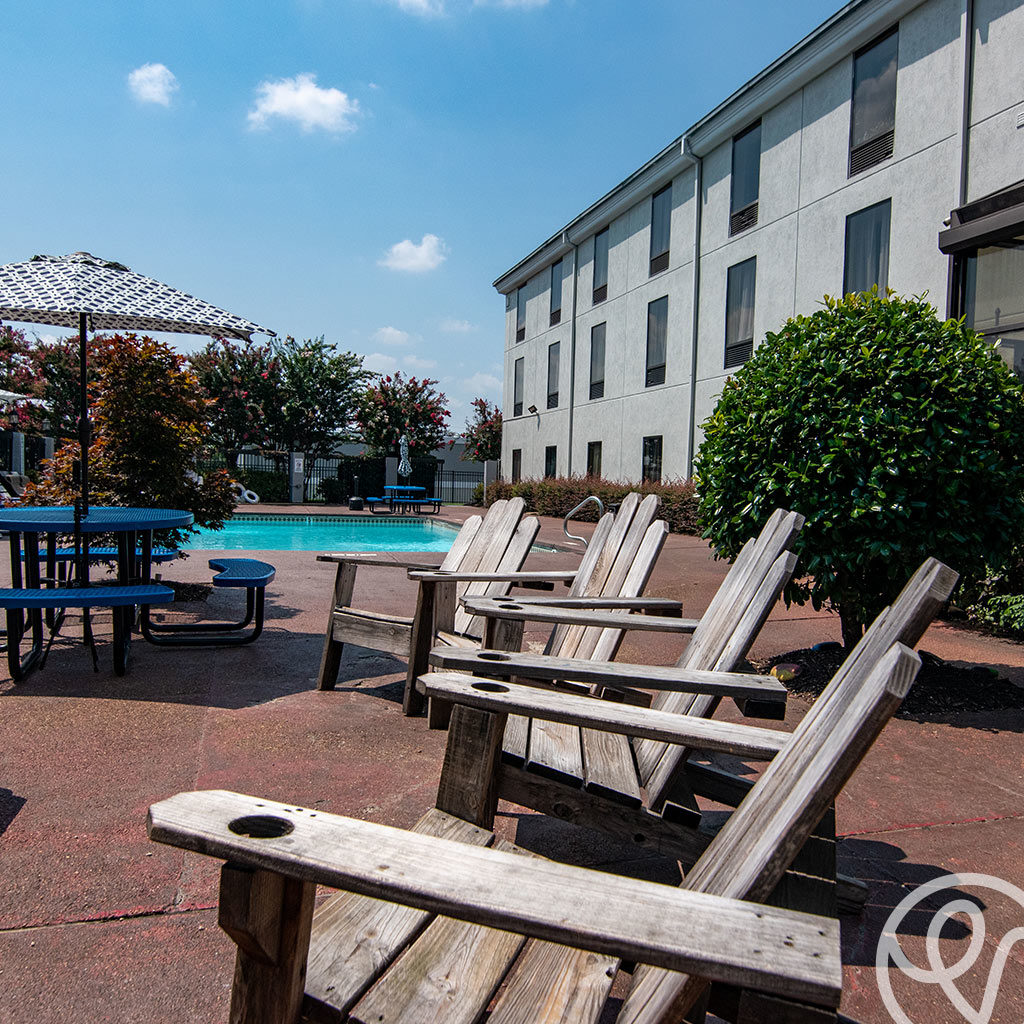Senior citizens are often overlooked when it comes to addiction. The majority of people struggling with substance use are in their early adult years. But this doesn’t mean that older adults don’t suffer as well. Drug and alcohol addiction in senior citizens can be especially hard on their health and may involve complications that younger people are able to avoid.
Substance Use In Senior Citizens
Senior citizens may struggle with substance use for many reasons. Some of them became addicted in their teens or early adult years, and either never received the help they needed or relapsed after treatment. Other elderly people develop an addiction in their later years because of major life changes that happen during this time. These include:
- retirement (loss of purpose and income)
- the death of a loved one
- health issues from advanced age
- relocation to a nursing home or moving in with children
- social isolation
- chronic pain
Which Substances Do Older Adults Use?
Alcohol is the most commonly used substance among older adults. Some studies show that 17 percent of people over 65 engage in problematic alcohol use. Many senior citizens also struggle with prescription drug use or mixing alcohol with prescription medication. A recent study found that 31.5 percent of men and 36 percent of women between the ages of 57 and 85 use five different prescription drugs at the same time. Benzodiazepines are the most commonly prescribed drug and are often over prescribed or provided in the case of misdiagnosis. Older adults use opioids as well as benzodiazepines, and many of them drink alcohol along with their prescriptions. Marijuana is the most frequently used illicit drug among the elderly, though it is often used legally for medical purposes today. Though less common, some senior citizens use cocaine and heroin as well. Prescription benzodiazepines and opioids are highly regulated to avoid use, and can also be very expensive, particularly when used in excess of prescription guidelines. Those who have become addicted to sedatives and painkillers may turn to heroin as a cheaper and more widely available alternative.
Drug And Alcohol Addiction In Senior Citizens
Substance use is harder on an older body. Senior citizens often have health issues due to their age as well as a slower metabolism to process alcohol and drugs. Addiction usually causes people to use substances in higher and higher amounts as they build a tolerance, compounding the negative health consequences that can result. The older a person gets, the more difficult it is for their body to metabolize alcohol. The result is that they become impaired more quickly but are less able to tell how intoxicated they are. This leads to an increased risk of falling, vehicle accidents, and negative health consequences. Alcohol use can worsen health problems that already plague senior citizens, such as:
- high blood pressure
- congestive heart failure
- osteoporosis
- diabetes
- poor liver function
- memory loss
- mood disorders
Prescription benzodiazepines and opioids also affect older adults differently than younger adults because of how they are broken down. Benzodiazepines are stored in body fat, which older adults have more of, so their effects last longer in the elderly. This can lead to increased sedative effects that may be compounded if the person takes repeated doses too close together. Senior citizens may visit different doctors for different reasons, which can result in them receiving prescriptions that should not be combined. Mixing certain medications can have serious adverse effects. Drinking alcohol with many prescription drugs is also dangerous. Alcohol, opioids, and benzodiazepines are all central nervous system depressants. Taking them together can slow a person’s breathing and heart rate, causing loss of consciousness, coma, death, or brain damage from lack of oxygen. Stimulant drugs like cocaine are hard on the heart and increase the risk of heart attack or stroke, even in younger people. These adverse effects are more likely to occur in senior citizens.
Signs Of Addiction In Senior Citizens
Drug and alcohol addiction in senior citizens is under-reported because it is difficult to recognize. It is common for people over 65 to take medications and experience poor health. However, there are some red flags that an elderly person is suffering from addiction. Signs of addiction in senior citizens may include:
- doctor shopping for multiple prescriptions of the same drug
- taking more medications than prescribed
- mixing alcohol with prescription drugs
- drinking heavily or often, to the point of noticeable impairment
- worsening health despite taking medications
- drug paraphernalia or residue from illicit substances
Older adults generally visit their doctor more frequently than young adults, especially if they are taking prescription medication. This presents the opportunity for a doctor to recognize signs of addiction and encourage the individual to seek help.
Addiction Treatment For Senior Citizens
It’s never too late to look into treatment options for alcohol and drug addiction. Treatment can make the difference between a long and fulfilling life and a life cut short by substance use. At Woodland Recovery Center Mississippi, we offer an inpatient rehab program that addresses each person’s unique experience with addiction. Dialectical behavior therapy can help senior citizens deal positively with emotions resulting from grief, loss, or life changes. Co-occurring disorders treatment works to resolve co-occurring mental disorders that can lead to substance use and may have been left untreated for years. We also encourage family support and healing. Through a comprehensive and individualized treatment plan at Woodland Recovery Center Mississippi, a person of any age can reclaim their life and find freedom in recovery.



